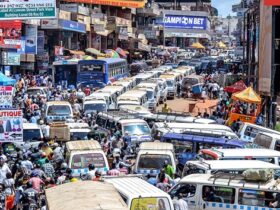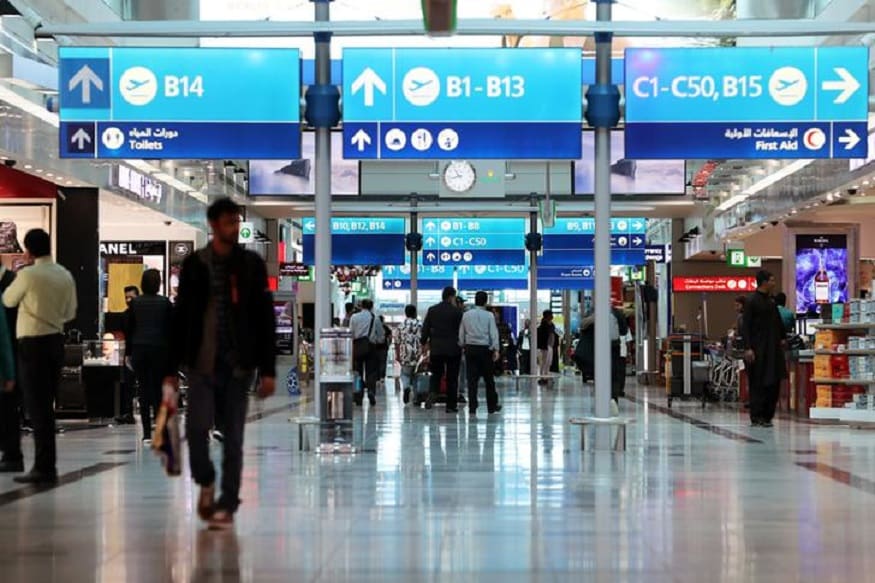Kenya is still locked up in Dubai’s ‘Red List’ even as the United Arab Emirates (UAE) removed five African countries from the travel restriction.
UAE left Kenya out in its latest review, which saw Ghana, Angola, Uganda, Guinea and Cote d’Ivoire allowed admission to the middle-eastern state.
“With effect from January 13, Emirates will resume passenger services to and from Guinea (CKY), Cote d’Ivoire (ABJ), Ghana (ACC), Uganda (EBB) and Republic of Angola (Luanda),” reads a statement from the carrier’s website.
The aviation regulator told the Business Daily last week that Dubai had asked Kenya to put its house in order first before it could review the flight ban, which was reciprocated by Nairobi in kind last week.
At the heart of the conflict is travellers from Nairobi who were testing positive for Covid-19 after arrival in the Middle East nation, despite carrying negative test results.
Kenya Civil Aviation Authority (KCAA) director-general Gilbert Kibe said the scheme involved a racket of corrupt officials from the Health ministry who colluded with travellers to issue fake Covid-19 PCR results to aid travel to Dubai. But in an escalation of the conflict, KCAA also stopped all the inbound flights from Dubai in a retaliatory move against UAE. The seven-day ban expires today at midnight.
Before the ban last week, Emirates was bringing into Kenya passengers from Dubai and flew cargo on its way back using the same passenger jets, a move that angered local aviators.
The conflict will hurt the two airlines, especially the ailing Kenya Airways that is struggling financially. The route had become lucrative for KQ with increased demand from passengers due to the ongoing Dubai 2020 expo taking place in the UAE.
Kenya had from November to December seen coronavirus resurgence with a rapidly rising caseload since confirmation of the highly infectious Omicron variant last year. The country has, however, in the last one week recorded a fall in the positivity rate declining to 13 percent on Thursday from a high of more than 30 percent at the beginning of the year.
The surge in global coronavirus infections has seen many countries tighten restrictions to curb the spread of the Omicron variant.
The World Health Organization (WHO) labels a country to be a high risk if the positivity rate rises above five percent and advises countries to consider restrictions if it remains above the limit for at least 14 days.












